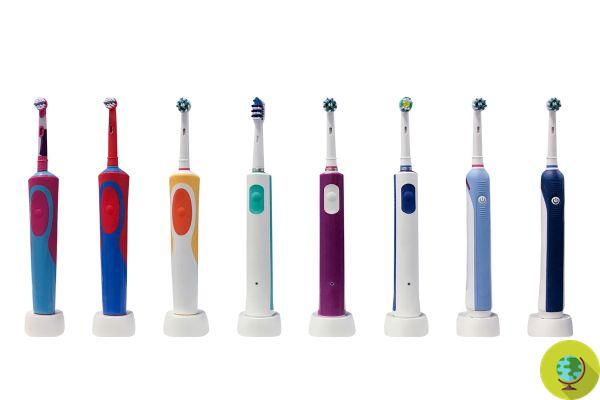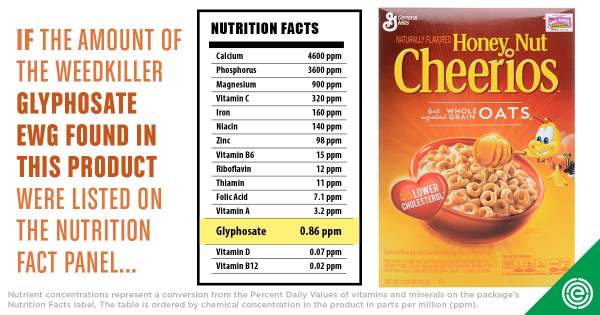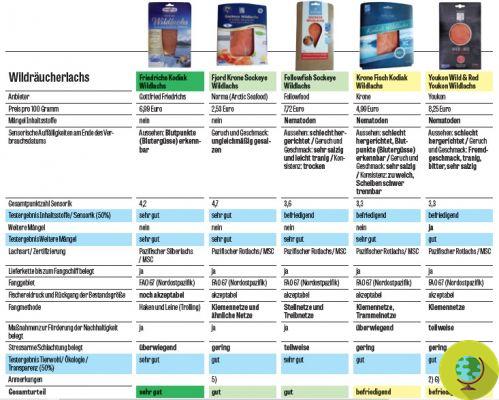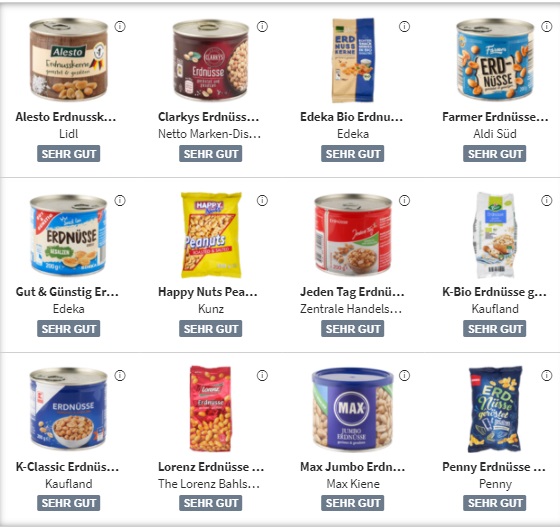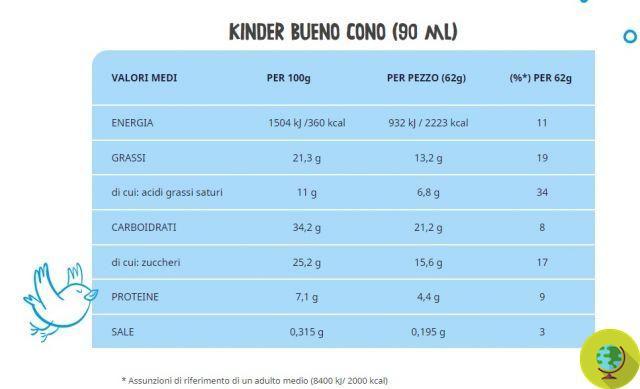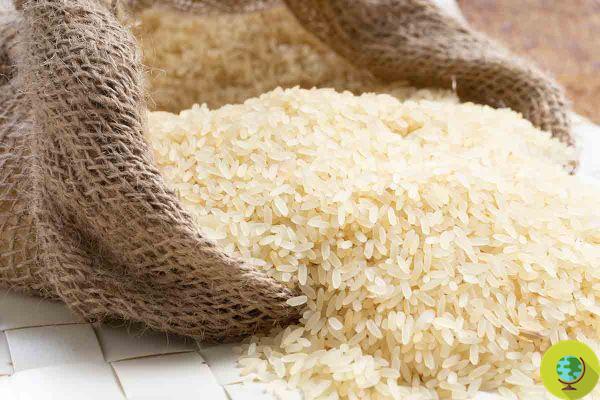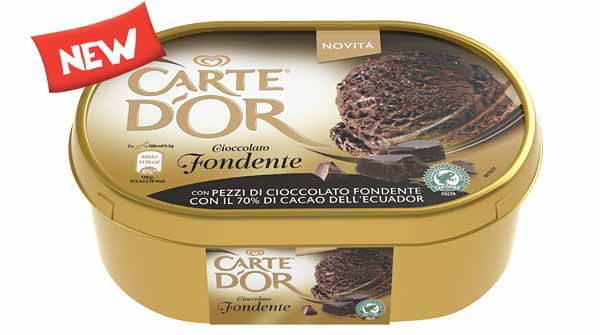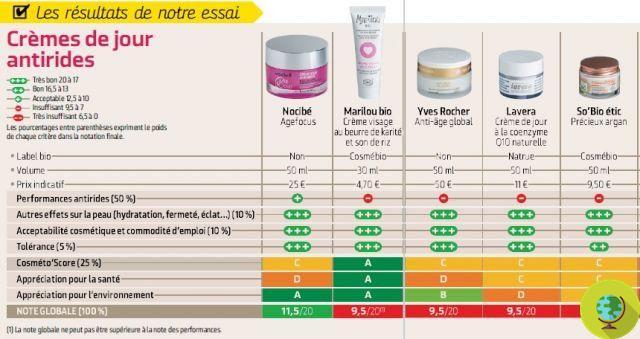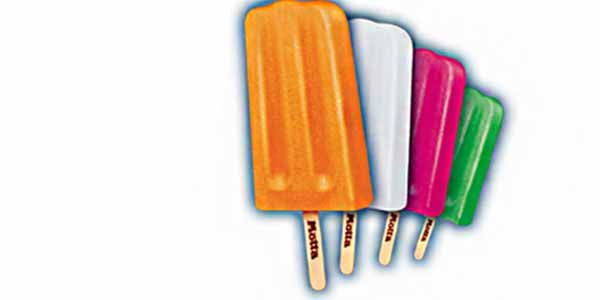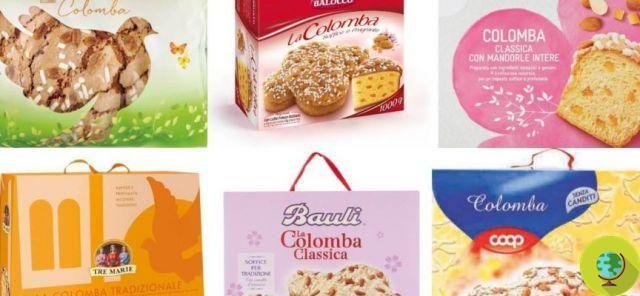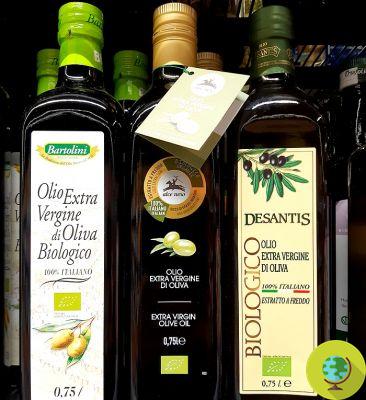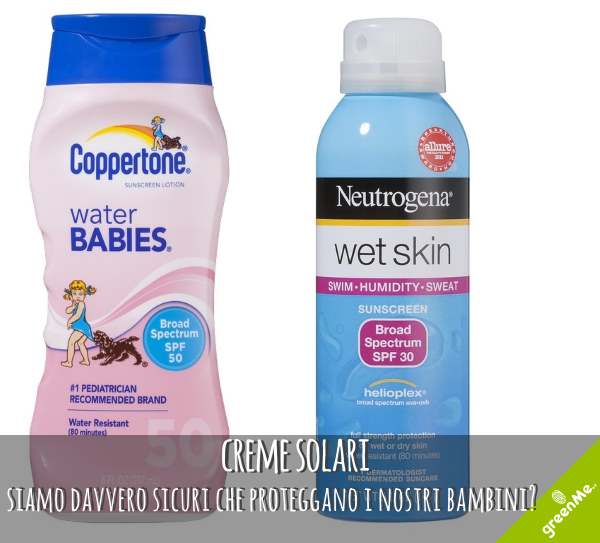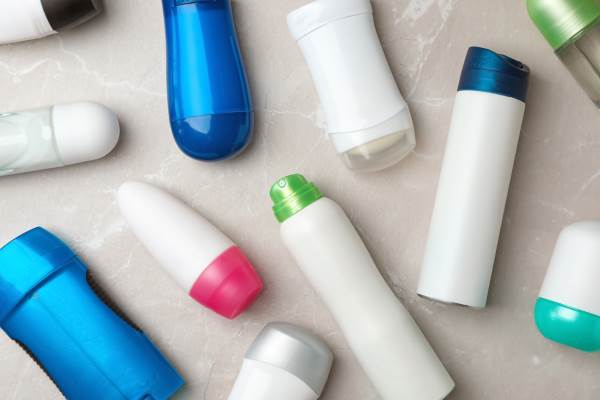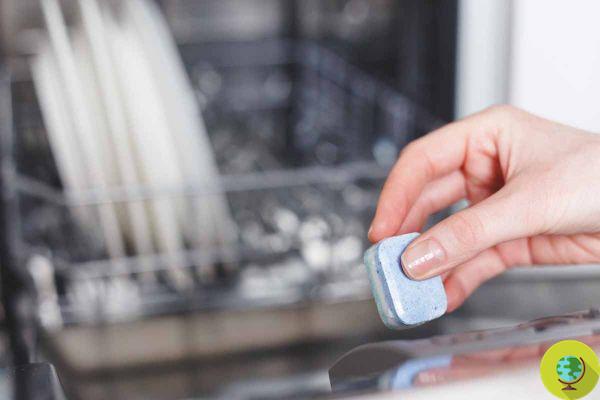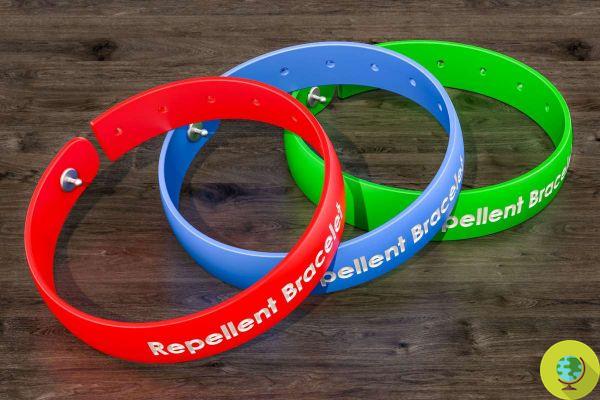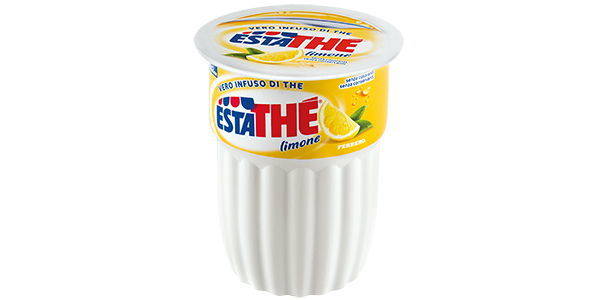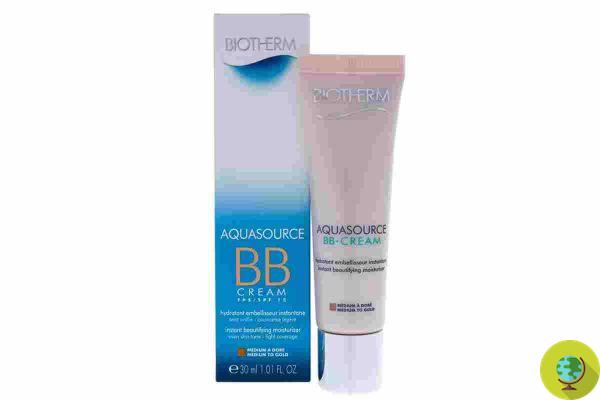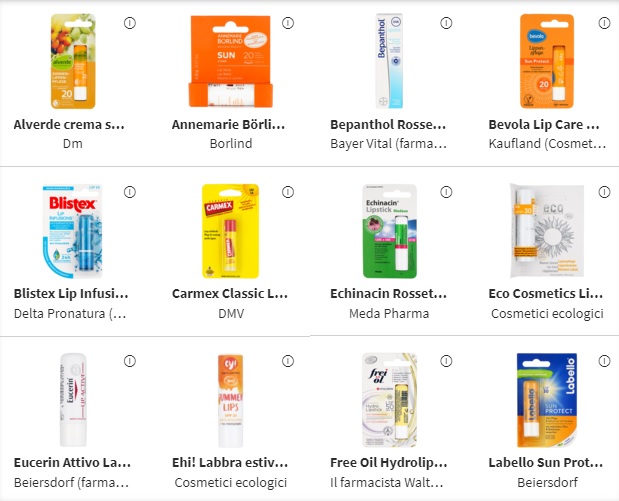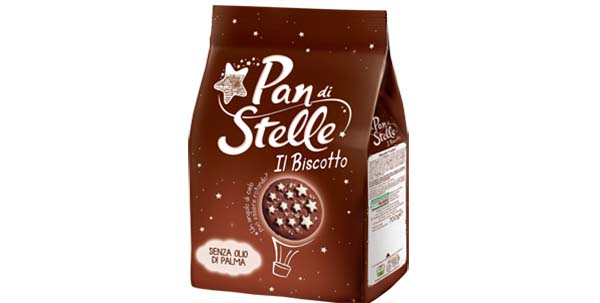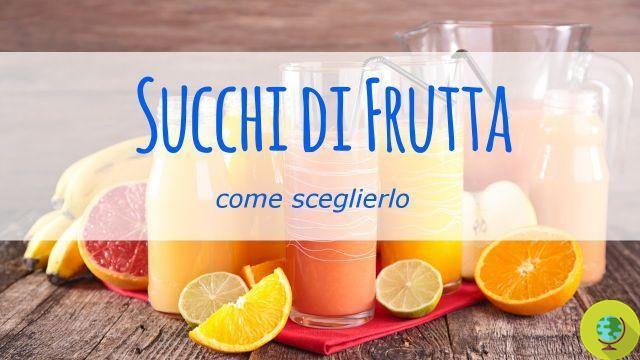
Fruit juices often contain little fruit and a lot of sugar. Here's how to choose the best products at the supermarket
Don't store avocado like this: it's dangerousFruit juices are much loved and used especially by children but it is not always possible to prepare them at home from fresh fruit. Therefore, we often rely on industrial products and the choice at the supermarket is very wide. How can we choose the best fruit juices?
As always, the answer to our doubts can be found on the label which, even in the case of fruit juices, must be read very carefully. We are interested in seeing different aspects of the drink, some we find them in the list of ingredients, others in the nutritional table.
Index
Percentage of fruit
The first thing to evaluate, regardless of the taste of juice we intend to buy, is the percentage of fruit used to make it. Juices have been around for some time now made from 100% fruit or by a still high percentage (70-80% depending on the variety) but in most cases the quantity of fruit used is decidedly lower.
Of course, the more fruit in the drink, the better. Bear in mind that fruit juices are often added not only with water but also with sugar and other ingredients.
Always remember that the ingredients that appear first in the list are those of which there is the greatest quantity in the drink. Also be careful that there are no additives, dyes or other ingredients that are not essential to the juice.
Choosing the product with the shortest ingredient list is, almost always, the best option.
The fact that the juice is 100% fruit does not, however, exclude that it may be particularly loaded with sugars, as has also been shown by research that has compared 100% fruit juices and carbonated drinks.
Sugars
Fruit juices often contain high levels of sugars and it's not just those naturally found in fruit but sugar or other sweeteners that are added to the drink to make it sweeter.
Therefore, check the nutritional table, looking for the total sugars contained in the juice (usually expressed per 100 ml of product but consider that you drink more) and make sure that sugar, glucose syrup, fructose (or other sweeteners) do not are present in the list of ingredients.
The juices on the market generally contain on average a quantity of sugar of 13-14 grams per 100 ml but there are some less "sweet" ones.
Pesticides
Unfortunately, just like fresh fruit, juices can also contain traces of pesticides as demonstrated for example by a test carried out on pear juices which showed that some brands contained captan (endocrine disruptor and probable carcinogen), boscalid and dodine, even if in quantities below the legal limits.
To avoid the risk, the advice is to buy fruit juices from organic farming.
Finally, consider the discussion pasteurization: packaged fruit juices, by law, must undergo this process which makes them safer but also makes them lose part of the precious vitamins contained in fresh fruit. The best thing, therefore, to get all the nutrients, remains to prepare the juices at home.
The nutritionist's opinion on fruit juices
We asked Irene Tornisello, nutritionist, to give us some useful advice for choosing the best fruit juice. Here is what she told us:
“I state that it would always be advisable to eat fresh fruit and to favor home-made juices, for their antioxidant power and because they are richer in mineral salts, substances that are instead lost with industrial processing. However, if we want to buy a fruit juice, it is better to choose those made with 100% fruit (just read the label and buy only the products in which a single ingredient appears). It is important then that there are no added sugars, sweeteners or dyes. Finally, let's remember to prefer products from organic farming".
Other useful tips can be found in the following video:
To learn more read also:
- Fruit juices: how and which to choose
Read also:
- Arsenic, cadmium and lead in fruit juices. The brands promoted and rejected in the USA
- Packaged fruit juices: advantages and limitations of pasteurization
- Too much sugar in baby fruit juices, better to make them at home
- Packaged fruit juices: Not good for the heart




